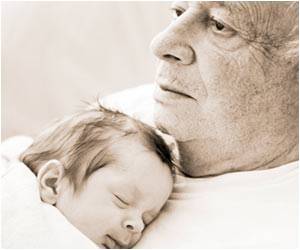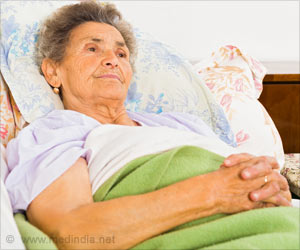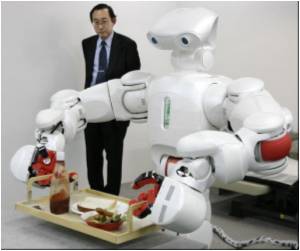
‘Caregivers are mostly family and friends. While some people receive care from paid caregivers, most rely on unpaid assistance.’
Tweet it Now
On average, dying adults in the United States have 2.5 people assisting them. Yet those caring for adults at the end-of-life, especially spouses, are likely to report that they have no one assisting them and no time for themselves. Katherine Ornstein, PhD, Assistant Professor of Geriatrics and Palliative Medicine at the Icahn School of Medicine at Mount Sinai and coauthors used the National Health and Aging Trends study and its linked National Study of Caregivers to profile end-of-life caregiving in the United States. They found that older adults at the end of life had an average of 2.5 caregivers assisting them and received 61.3 hours of help per week versus 35.5 hours for older adults not at the end of life. 35 percent of end-of-life caregivers reported physical difficulty related to giving care versus 21 percent in other caregivers, and 51 percent reported having no time for themselves versus 40 percent in other caregivers. For end-of-life caregivers who were spouses, nearly two-thirds reported that they receive no support from family or friends. This is the first study to prospectively examine all the paid and unpaid caregiver support individuals receive at the end of life using a nationally representative sample.
"This study reveals the huge reliance our society places on family and other unpaid caregivers throughout the course of serious illness and especially at the end of life," said Dr. Ornstein. "Although receipt of paid caregiving increases toward the end of life, the vast majority of older adults do not receive any paid help. They are relying on families for their care, which is often quite complex and challenging. We must recognize and support the vital role of family in end of life care."
Previous studies are often limited to the experience of one primary caregiver or are limited to individuals with one specific disease. Furthermore, prior studies of end-of-life caregiving often ask about these experiences after a loved one died and are subject to recall bias.
Compared to other caregivers, end-of-life caregivers reported higher rates of financial difficulty caring for those with cancer. End of life care caregivers who were spouses reported the most care-related challenges, including increased depression and physical difficulty.
Advertisement
Source-Eurekalert










